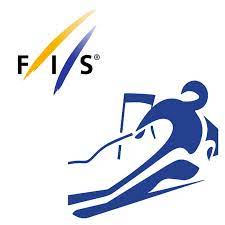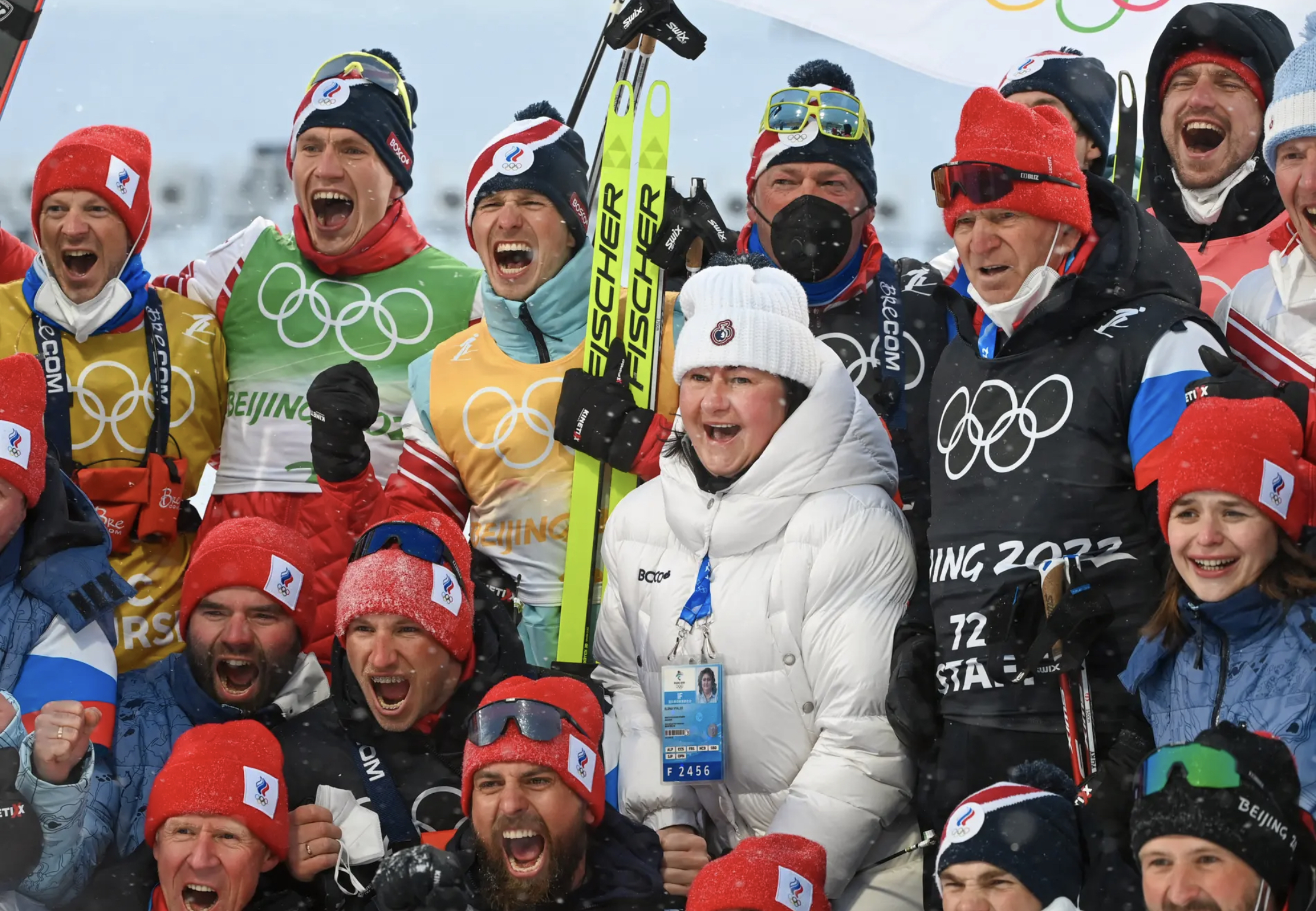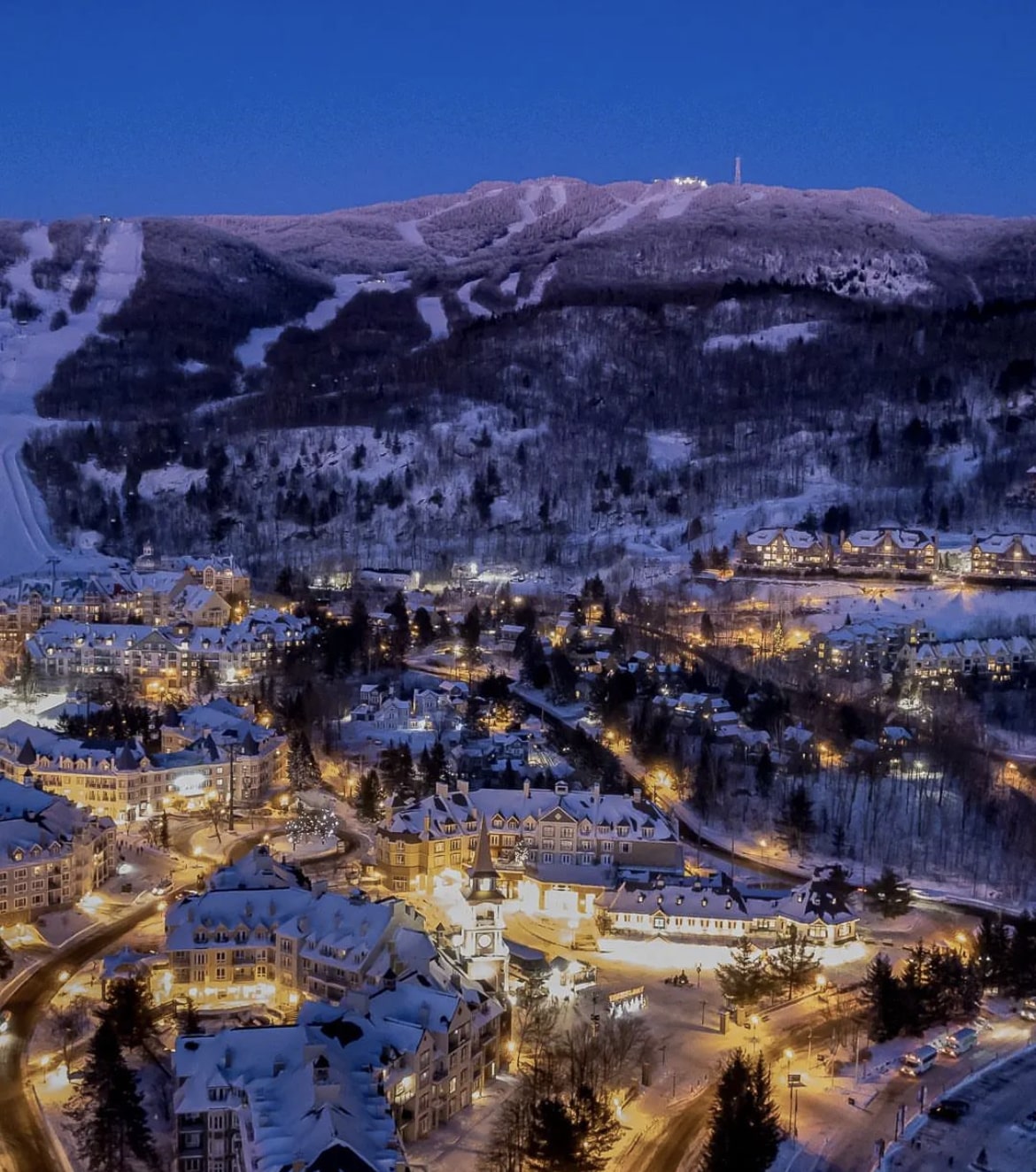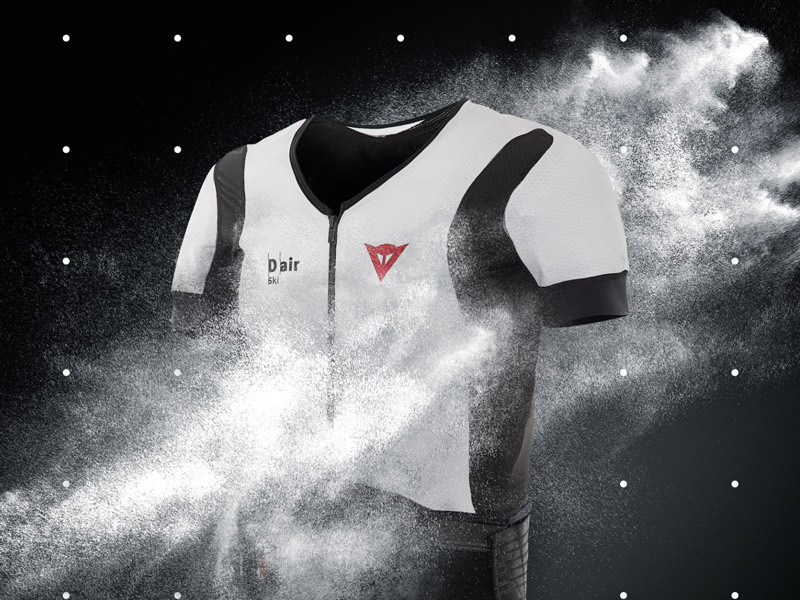
The meetings are attended by FIS officials as well as key stakeholders, such as ski resort management staff, race organizers, sponsors, equipment manufacturers and national delegations. The President of the Russian Ski Federation, Elena Välbe, had plans to attend the meetings, but canceled her attendance at the last minute, when it crystallized that FIS did not want the Russian delegation to attend in person and were not going to extend voting rights to Russia.
“FIS asked us not to come. They didn’t want us there. We had booked flights and hotels and everything. But now it’s not happening. We were instead offered to participate online, but without speaking and voting rights. So why should we participate?”
Välbe told the Norwegian newspaper VG.
FIS will vote in their council meeting on May 24, 2023, whether Russian and Belarusian athletes will be allowed to compete in the 23/24 FIS World Cup season. Russian and Belarusian athletes were banned from participating in FIS events following the invasion of Ukraine by Russia and later Belarus.

The meetings in Croatia were covering all FIS categories, from grass-skiing to para to nordic. The biggest attention however rests on the Alpine World Cup schedule, as it simply generates the most attention in terms of viewership, sponsorship, funding and athletes. It also boasts the biggest number of events of all the FIS World Cup categories: for the 23/24 season, the FIS Alpine World Cup will have 11 events per disciplines.
During the meetings, the provisional 23/24 season calendar was presented. The Alpine calendar sees the return of Val d’Isere, France, Garmisch-Partenkirchen, Germany, Jasna, Slovakia and Val di Fass, Italy to the Women’s Calendar, while Mont Tremblant will replace Lake Louise as Canadian venue.

On the Men’s Calendar Bansko, Bulgaria, and Kvitfjell, Norway, are making a return while a new location will be added with Hochgurgl, Austria, hosting a Slalom event. Also, a new event, the Team Alpine Combined, will be added to the calendar and will be held in Kitzbühel, Austria, while the venue for the women’s Team Combined has yet to be decided. The Alpine Combined will be a speed event — either a Downhill or Super-G event — followed by a Slalom event and the combined time will count. The rules for this new event are still being finalised.
Last but not least, the scheduling of the race calendar was made taking some recent criticizm into account. Roughly 500 athletes had signed an open letter that called for changes to the race schedule, to minimize the environmental impact. Therefore the opening in Sölden, Austria, was postponed by one week and, consequently also the World Cup Finals in Saalbach Hinterglemm, Austria. Likewise, the Speed opening in Zermatt-Cervinia, Switzerland-Italy, has been moved to late November. Whether the geographical race locations have been streamlined — one of the key demands of the open letter — is at this point unclear.
There was also much discussion on the topic of safety and it was agreed that airbags will become mandatory in the FIS World Cup from the 2024-25 season. Some athletes, like speed queen Sofia Goggia and America’s Lindsey Vonn are currently racing with an airbag vest by Dainese. We can only assume it is these typed of airbag vests FIS is proposing going forward. We will provide more information on what exactly this will entail and for what disciplines this will come into effect for, once more details are available from FIS.
